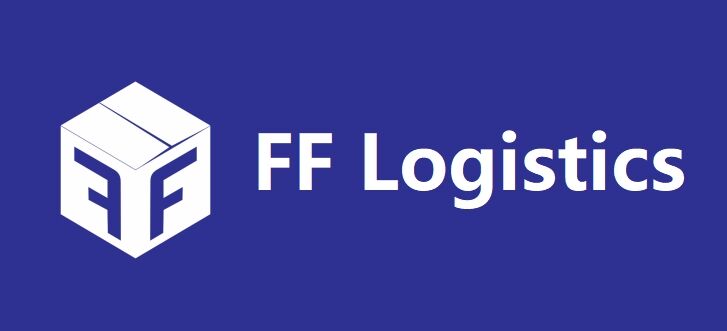Introduction
Amazon sellers regularly confront crucial judgments concerning whether to practice Fulfillment by Amazon (FBA) or Fulfillment by Merchant (FBM) for their products. Choosing between these two fulfillment techniques can considerably sway purchaser fulfillment, functional productivity, and in the end, the lower line. This article means to direct merchants through the contemplations fundamental to decide if FBA or FBM is the preferable decision for their business.
Understanding FBA
Fulfillment by Amazon (FBA) is an administration where merchants transport their products to Amazon's fulfillment focuses. At that point, Amazon stores, picks, packs, dispatches, and gives client assistance for these things. The advantages of FBA incorporate admittance to Amazon Prime, which can bring About expanded notice and deals, similarly as diminished transportation expenses and the benefit of permitting Amazon to deal with the whole fulfillment procedure. In any case, FBA includes higher charges, less control over the client experience, and strict prerequisites for item planning.
Understanding FBM
Fulfillment by Merchant (FBM) permits merchants to oversee their own particular putting away, transporting, and client bolster. With FBM, merchants have more prominent command over the fulfillment procedure, can change bundling and marking, and may discover it more financially savvy for certain items, particularly those that are expansive or overwhelming. The downsides of FBM incorporate the nonattendance of Prime permit qualification, expanded duty for transporting and client administration, and conceivable scalability difficulties as the business develops.
Factors to Consider When Picking FBA or FBM
When picking between Fulfillment by Amazon and Fulfillment by Merchant, sellers must weigh several aspects:
Item Size and Weight: FBA is often best for smaller, lighter goods since Amazon's handling is efficient, while FBM may work better for bigger or heavier products.
Control Over Customer Experience: FBA offers less control during fulfillment but benefits from Amazon's reputation for reliability. FBM permits a personalized customer experience.
Seller Feedback and Repute: FBA sellers can leverage Amazon's feedback system, while FBM sellers must self-manage their reputation and feedback.
Inventory Turnover Speed: FBA is advantageous for fast-selling items, whereas FBM can benefit products with slower turnover.
Logistical Abilities and Costs: FBA sellers have minimal logistical worries, while FBM sellers must self-manage Shipping, packaging, and storage.
Using Both FBA and FBM
Sellers have the option to use both FBA and FBM, allowing them to capitalize on each method's strengths. For example, FBA can cover small, fast-selling Prime-eligible items, while FBM can cover bigger products or when customization is essential. Managing multiple fulfillment methods under one ASIN ensures efficient order fulfillment.
Decision
The decision between FBA and FBM should consider a seller's unique product traits, objectives, and operational abilities. Weighing the pros and cons of each method is crucial, as well as aspects impacting the customer experience and profitability. Experimenting with both fulfillment methods can help sellers determine the best fit for their needs. Ultimately, the choice should align with maximizing efficiency, control, and customer satisfaction.



